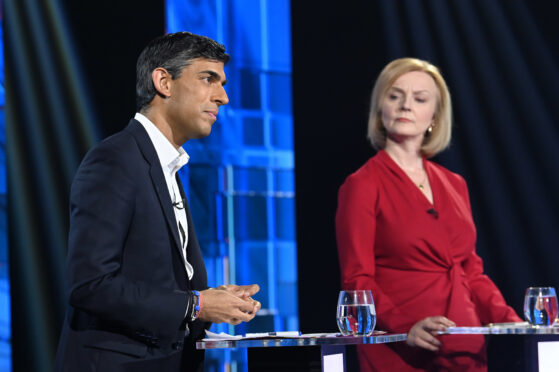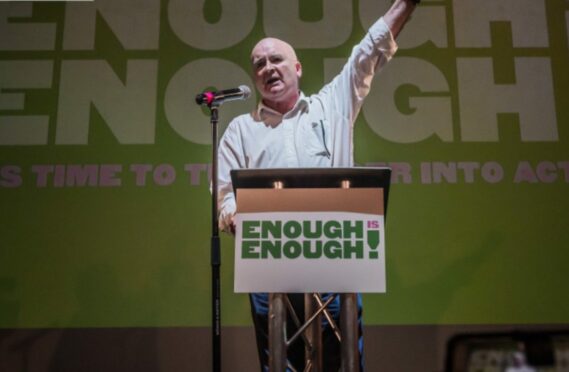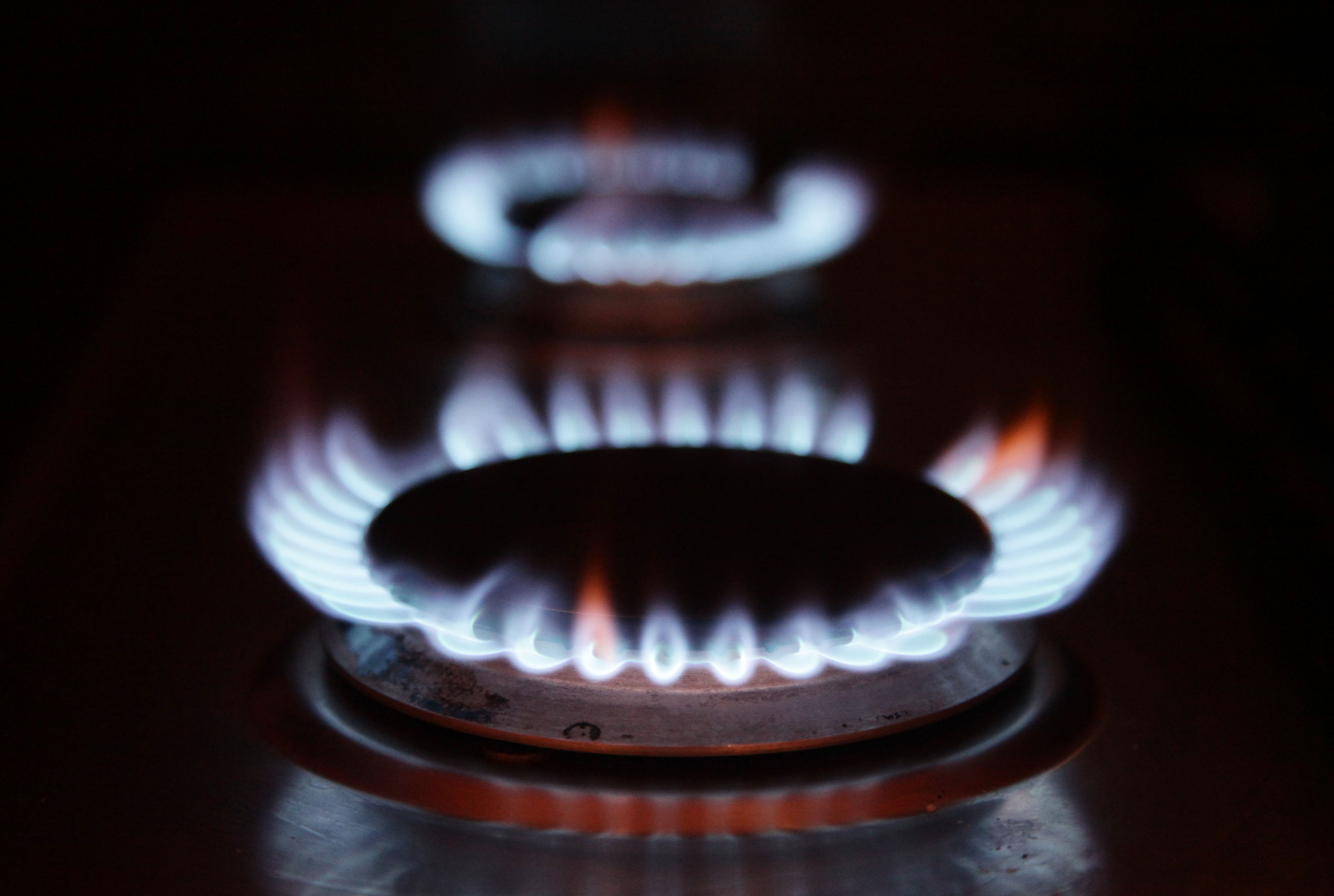
Some problems do not have solutions. We are in the middle (sadly, not at the end) of a historic crisis in energy supply, which is likely to cause a historically widespread inability of many millions of people to afford their energy bills.
This will hit the poorest the hardest, of course, but the financial damage is far from limited to those whom we would consider deprived. The average Joe and Joanne are going to be plunged into a set of financial circumstances we would have considered unthinkable just a year ago, paying more than £400 every month for energy.
We know the combination of toxic events that has caused the problem. The most obvious one is the war in Ukraine and the increase in wholesale prices caused by the instability of the supply from Vladimir Putin’s gas pipes. However, other factors lie closer to home.
UK governments of the Conservative and Labour types have, for decades, neglected to take seriously the need for security in energy supply, and indeed this may be seen in future as one of the great acts of negligence of our time.
Nuclear power is a safe, reliable and green method of production yet, despite seeing old stations reach the end of their lives all over the country, not a single new one has been built this century. Wind has been insufficiently exploited, often for political reasons. We could be leaders in green energies of the future like hydrogen, too.
But none of that helps now, today. What does? What is the solution to this problem?
There are plenty of pressure groups popping up to tell us, but the understandable anger at companies in the energy sector making large profits is misdirected; we need them to make a profit in order that they can invest in these future energy supplies which will make our supply more secure, and our prices cheaper, in the future.
Instead, we look to our leaders to help us. We look to the two candidates for prime minister, Rishi Sunak and Liz Truss. They are likely to offer a short-term, symbolic response to help people. Scrapping VAT on energy bills, amending the green levies on bills or, indeed, making some sort of direct payment to help those most in need are, I suspect, the most likely options.
They are not insignificant; they may hold some families back from the brink. But they are a part-postponement of the problem rather than a solution.
The new prime minister should create a credible, long-term plan for a green, secure energy future free of political and ideological dogma, which in Scotland and the UK we have the natural and financial resources to create. But, even if they do, we will not see the fruits of that labour soon.
The most likely outcome, in truth, is this single issue will be the one that ends the next prime minister’s term in office before it really begins. The government of the day gets blamed for the crisis of the day, whether it is their fault or otherwise. It is a tale as old as time.
Gordon Brown was blamed for the international financial crisis in 2008, and lost the election in 2010. John Major never recovered from Black Wednesday and the Exchange Rate Mechanism crisis, and lost the election in 1997.
And Liz Truss or Rishi Sunak will be blamed for the energy bills crisis, which may well be significantly more serious than either of those other events, and history tells us they are likely to lose the election of 2023 or 2024.
This crisis will define the time in office of the next prime minister. And it will probably end it, too.
Andy Maciver is director of Message Matters and former Scottish Tories communications director.

Enjoy the convenience of having The Sunday Post delivered as a digital ePaper straight to your smartphone, tablet or computer.
Subscribe for only £5.49 a month and enjoy all the benefits of the printed paper as a digital replica.
Subscribe

